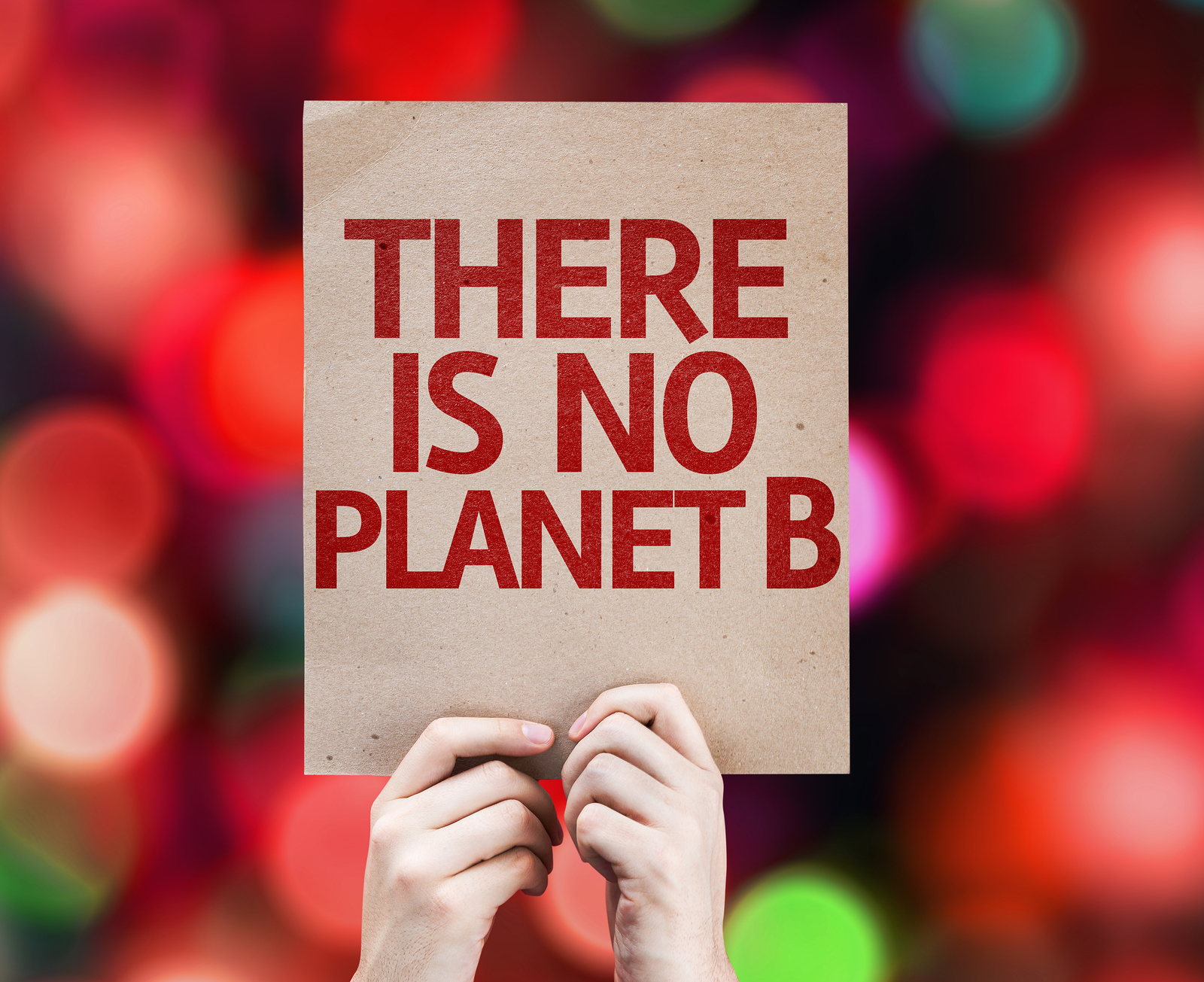Gender and diversity in the 47th Parliament
As a parent led advocacy group we represent a diverse range of parents and families across Australia. One of the key actions we undertake is engaging and meeting with MP’s to discuss our vision for a safe climate for our kids. Understanding the makeup of our Parliament and identifying areas of common ground with MPs is key to our success in developing effective relationships and influencing policy on climate action. Now that the results of the 2022 Federal Election are in, we thought we’d have a look at the composition of the 47th Parliament.
As an organisation founded by a group of mothers, it is pleasing for Australian Parents for Climate Action to see an increase in women being represented in Canberra. Overall (House of Representatives and Senate), female representation has increased from 38% to 44%. The first Albanese Cabinet features 10 women out of 23 (about the same proportion as are in parliament overall).
In the House of Representatives, women now account for 38% of MPs, up from 31%. In the Senate, female representation has increased from 53% to 57%.
On a party basis, however, there are stark differences. In the last parliament, the Coalition had 26% female representation. Following the May 2022 election this has only increased to 28%. In the male dominated House of Representatives, the Coalition’s share of women declined slightly from 20% to just 19% (11 female MPs). On the other hand, Labor’s (ALP) share of female MP’s increased from 43% to 47% (36 MPs), part of an overall increase in female representation from 49% to 52%.
The Greens maintained their female representation in the Senate at two thirds of their 12 seats. Of their four seats in the lower house, however, only one is held by a woman. Overall, the Greens are leading the way with 56% of their elected federal members being women. 
Apart from the Green’s expanded presence in Canberra (up from 10 to 16 seats between the lower and upper houses), the big news of the election was the success of independents campaigning on a platform of climate action, integrity and equality. All of the seven new independents in the lower house are women.
It is interesting to note that the six new “teal” independent MPs all hail from the 11 wealthiest electorates (based on per capita income), as does incumbent Zali Steggall of Warringah. Independent Helen Haines is an outlier in this regard, with Indi ranked 128th (based on a somewhat dated comparison). Nevertheless, her success, along with close contests in several other regional seats, show that climate independents aren’t limited to the wealthy urban electorates.
The new parliament is also the most diverse yet, with increased representation by people from Indigenous, Asian and Muslim backgrounds. However, as has been noted by Tharini Rouwette of the Centre of Multicultural Political Engagement, Literacy and Leadership (Compell), only “about 7% of the House will comprise diverse and Indigenous MPs, which is far lower than in the general Australian Population.”
Of particular interest is the considerable number of parliamentarians who are also parents. For example, of the 58 female MPs, at least 49 are mothers. It is likely that a similar proportion of males are fathers, although we can’t confirm this without a more thorough review. Based on a sample of 20 MPs (14 male, 6 female), 18 had families, including at least 7 having pre-school or school aged children.
When contacting your MPs and Senators, it’s a great idea to check their backgrounds, which you can readily find on the Australian Parliament House site, their electorate site, or Wikipedia. Knowing something about them that you might have in common can help break the ice or provide a common frame of reference.
The graphs included here provide comparisons between female and male representation in the major parties and in the upper and lower houses of the 46th (2019) and 47th (2022) Parliaments.
NB: The data for the 46th Parliament was taken shortly before the 2022 election, hence the United Australia Party is shown as having one MP, being the former member for Hughes, Craig Kelly.




